ASUS ZenWiFi XT8 vs. TP-Link Deco X90: Which should you buy?
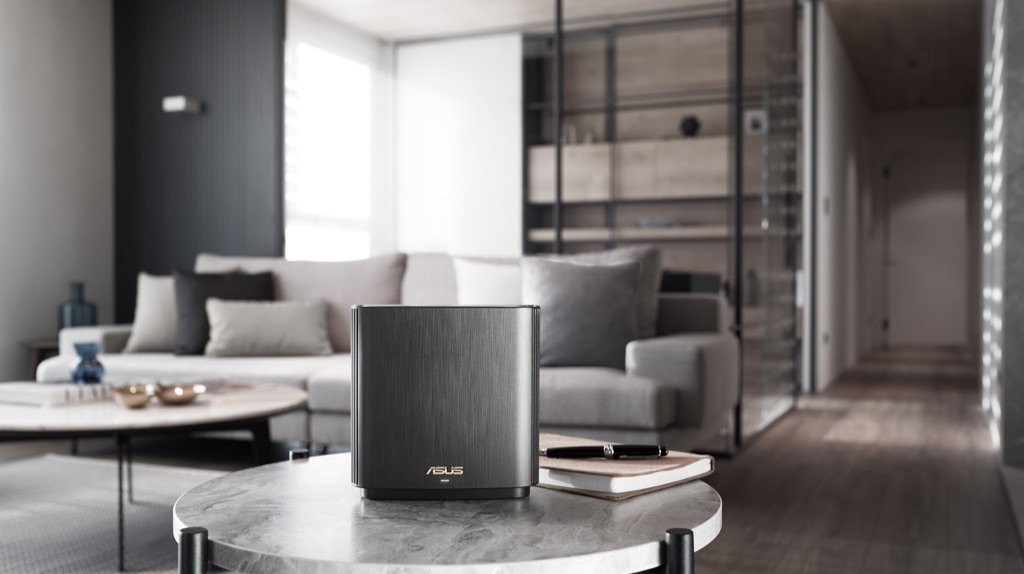
All the latest news, reviews, and guides for Windows and Xbox diehards.
You are now subscribed
Your newsletter sign-up was successful
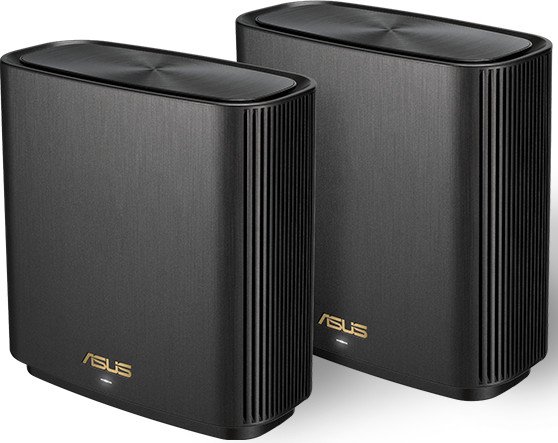
Pro pick
The ASUS ZenWiFi XT8 is a serious contender for the best Wi-Fi 6 mesh router. Its performance, LAN ports, and USB capability make it an incredible choice for users with fast internet.
Pros
- Wi-Fi 6 (802.11ax)
- 4 LAN ports on each unit
- 2.5GbE WAN port
- USB 3.0 port
Cons
- Only covers up to 5,500 square feet
- Requires web interface for advanced settings
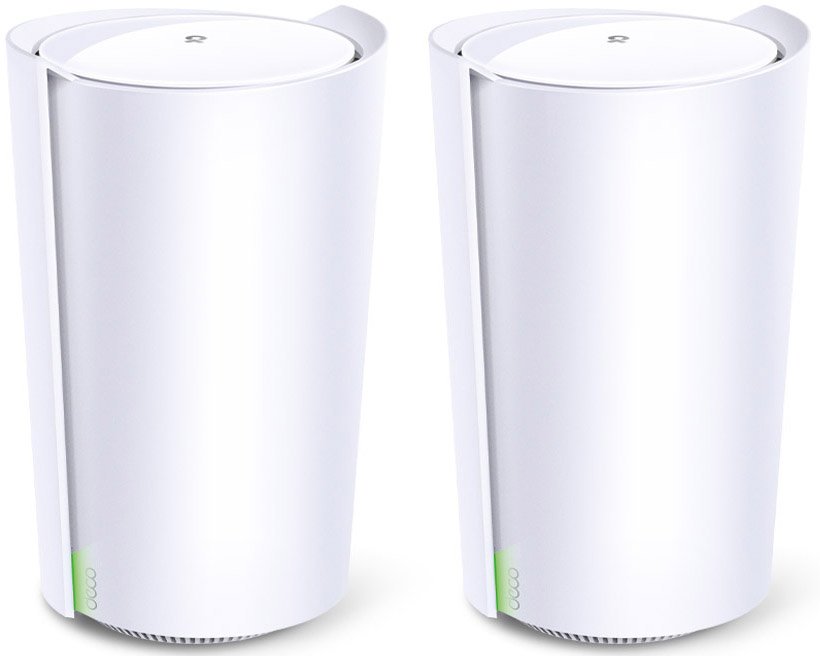
Strong choice
The TP-Link Deco X90 does a solid job for a Wi-Fi 6 mesh router. It's so close to being great, but its lack of LAN and USB ports holds it back. It's a solid choice, but there are better ones out there.
Pros
- Wi-Fi 6 (802.11ax)
- Covers up to 6,000 square feet
- Sleek design
Cons
- Only 2 LAN ports on each unit
- No 2.5GbE port
- Slightly higher latency
- No USB ports
For most people, the ASUS ZenWiFi XT8 is a strong choice for your Wi-Fi 6 mesh router. Its set of ports and raw speeds put it just over the TP-Link Deco X90. That said, if you need to squeeze out a bit more coverage for your latest devices, you could consider the TP-Link instead.
ASUS ZenWiFi XT8 vs. TP-Link Deco X90: Speeds
| Header Cell - Column 0 | ASUS ZenWiFi XT8 | TP-Link Deco X90 |
|---|---|---|
| Wi-Fi | Wi-Fi 6 | Wi-Fi 6 |
| Bands | Tri-band | Tri-band |
| LAN ports | 4 | 2 |
| USB ports | 1 | 0 |
| Coverage | 5,500 square feet | 6,000 square feet |
A lot of the speeds depend on your internet connection and your environment, but the ASUS should be able to bring close to gigabit speeds without much fuss. In comparison, the TP-Link gets close but is not quite as fast. The reasons probably lie in how the routers' internal hardware is configured, but at the end of the day, one barely takes the win.
When it comes down to it, the ASUS ZenWiFi XT8 ekes out a bit more speed than the TP-Link Deco X90. Not by a lot, but by enough to make its cheaper price and increased amount of ports a compelling option. While both routers are rated for Wi-Fi 6 speeds, only the ASUS is able to squeeze out a bit more power due to its lower latency.
ASUS ZenWiFi XT8 vs. TP-Link Deco X90: Coverage
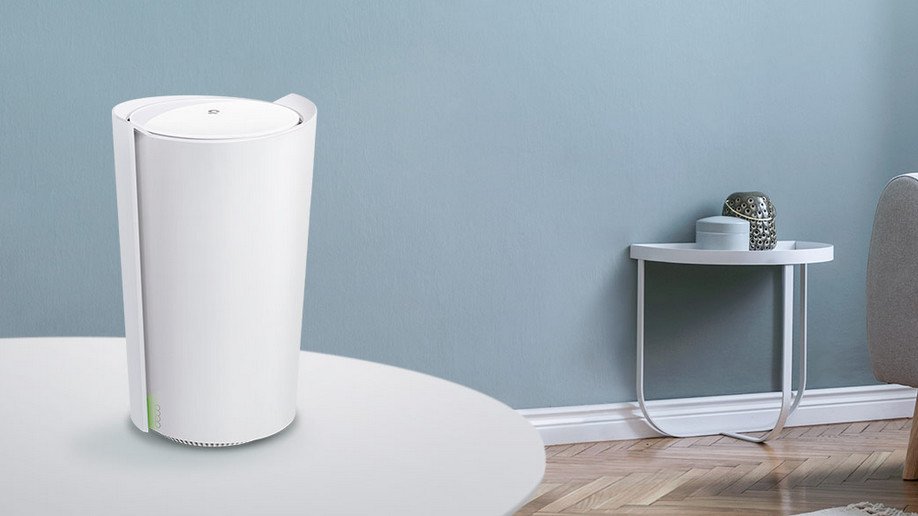
The only aspect of the two mesh routers that makes this comparison tricky is coverage. The TP-Link wins out over the ASUS by a small margin. That small margin can matter a ton for some people. It's especially useful if you have a large home or building and don't care a lot about raw speeds. The TP-Link might not be as fast, but it can bring that connection a little farther if you need it.
Of course the option to expand with both routers is always available. If you really need more area coverage, you could buy another unit. But out of the box, the TP-Link is the way to go if that's the specific thing you need.
ASUS ZenWiFi XT8 vs. TP-Link Deco X90: Price
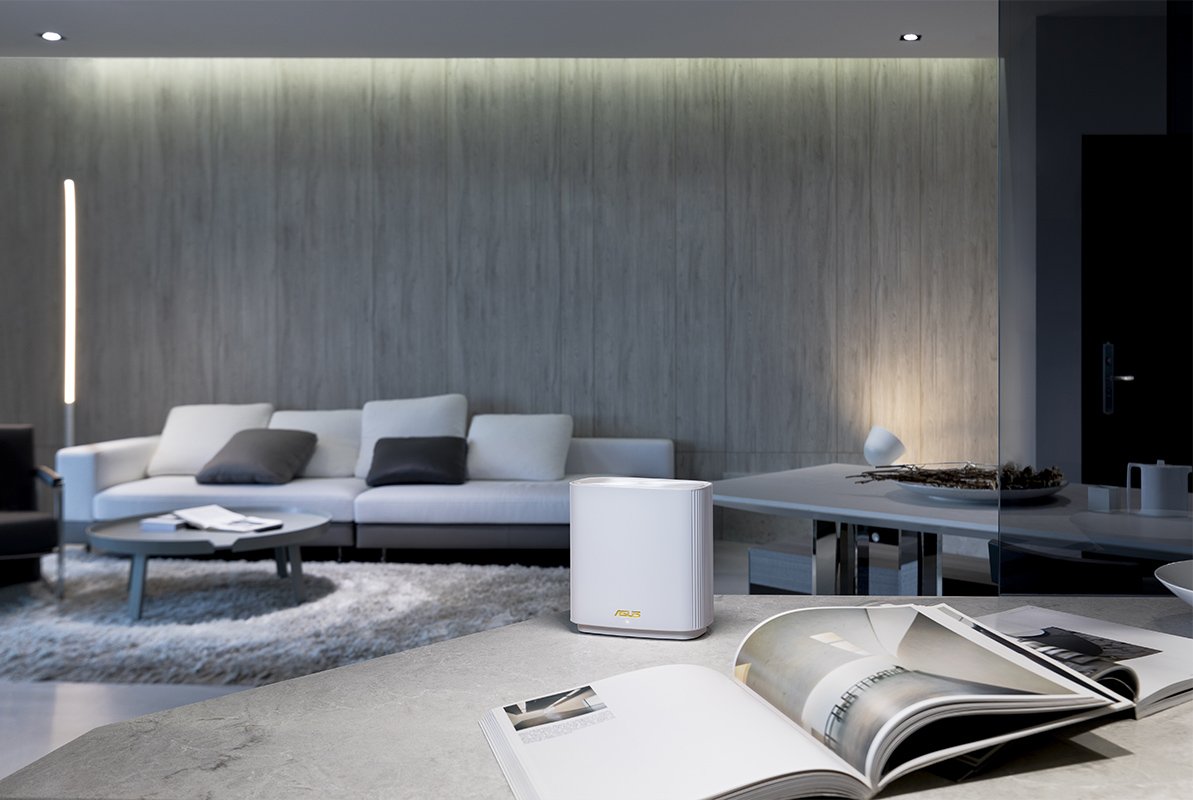
Ultimately, what secures the spot for the ASUS is the price. Coming in at roughly $50 cheaper than the TP-Link, the ASUS makes a great case for saving some cash and reaping the benefits of a solid mesh networking router. You give up a bit of coverage for several LAN ports and you save some money on top.
Although the ASUS units aren't exactly aesthetically pleasing, they can be tucked away somewhere where they won't be eye-catching. If that bothers you enough though, you could easily spend a bit more cash to get the cylindrical TP-Link units. But for the money, it makes a lot more sense to future-proof yourself and pick up the ASUS router.
All the latest news, reviews, and guides for Windows and Xbox diehards.
ASUS ZenWiFi XT8 vs. TP-Link Deco X90: Which should you buy?
It's hard to compare both mesh routers because they're nearly identical in actual performance. But if you really have to pick, the ASUS gets the nod. The ability to hard wire your latest devices like the ThinkPad X1 Yoga and even potentially make use of a faster-than-gigabit connection makes the investment in this system more responsible than the TP-Link. You never know how long you'll have this setup and not having to upgrade down the line will save you a lot of hassle.

Tyler Colp is a Former Freelance Writer for Windows Central. He's written about tech, games, and the culture around them across the internet. Ask him anything about Dark Souls or just follow him on Twitter.
